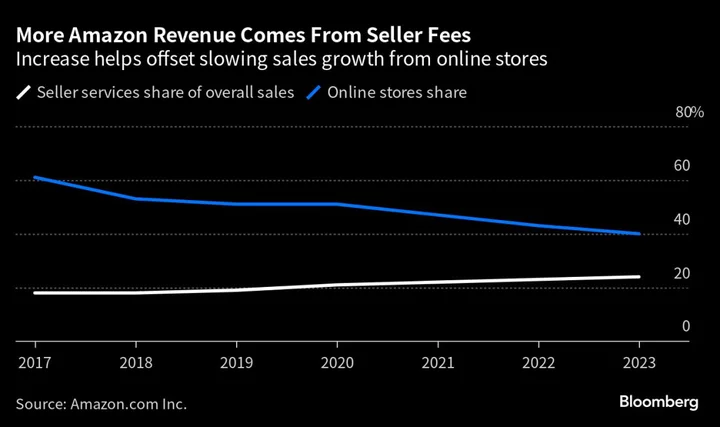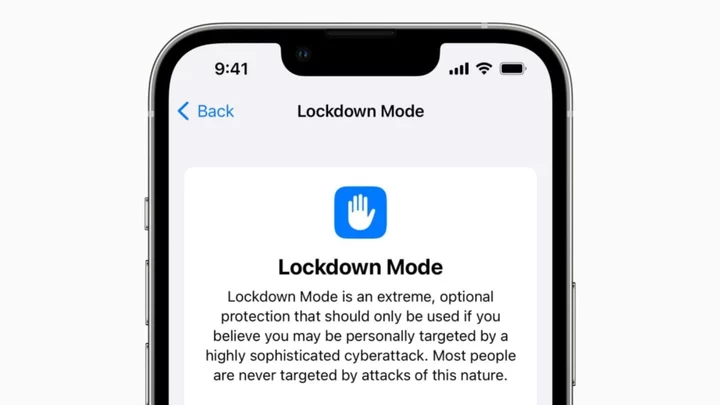Yes, daddy. I’ll be a good girl.
It’s safe to say basically everyone has heard this before (and if you haven’t, hi), but do any of us actually know WHY we like it? Do any of y’all wonder what it is about calling your partner "mommy" that is so enticing? Why is patting your grown ass lover on the head, feeding them a treat, and then giving them a spanking, like, the best thing ever?
We’re about to get to the heart of one of the most thrilling, hot, weird, and amazing dynamics in the larger BDSM schema: age play.
Age play "provides [people] the opportunity to channel the different parts of themselves that they normally mask," explains Dr. Nazanin Moali, a sex therapist and host of the Sexology podcast. Age play provides a liberating way to experiment and role play in a world that holds us to very rigid standards of behavior.
SEE ALSO: I went to a sex resort. Yes, I'll tell you about it.This role play dynamic is one that rarely gets a full blown media spotlight. Why? Because the idea of people pretending to be little girls, little boys, daddies, mommies, and babies makes people feel uncomfortable. And sometimes uncomfortable because it turns them on like Donkey Kong.
If you’re wondering what it is about age play that makes it so very popular and thoroughly taboo, look no further. We have the definitive beginner’s guide to age play ready to rock your world.
Want more sex and dating stories in your inbox? Sign up for Mashable's new weekly After Dark newsletter.
You’re welcome and you’re such a good boy.
What is age play?
"It is a type of a consensual adult role play in which individuals experiment with being in a different age/role than their current developmental phase," Moali says. In layman’s terms: You and/or your partner pretend to be different ages. This usually involves one partner being the "older" person (the Dom) while the other partner (the sub) pretends to be younger.
"It is a type of a consensual adult role play in which individuals experiment with being in a different age/role than their current developmental phase."Rea Pearson, a BACP accredited counselor and relationship therapist, specializing in Gender, Sexuality, and Relationship Diversity, tells us that this is about a power exchange dynamic. Consensual power exchange is the foundational layer of all BDSM role play.
This role play is heavily psychological because, as Julieta Chiaramonte, a kink instructor and sex expert, explains, you’re embodying a headspace of a different age.
The way these dynamics are experienced really runs the gamut. "Sometimes they are sexual, and sometimes they are non-sexual, or even very taboo," Chiaramonte says. "Age play dynamics can even go as far as adult babies, which get into the headspace of embodying child-like behaviors (usually not sexual)."
Why people love age play
"In the most basic sense, age play can be a bit of a taboo and I think that's what garners excitement for most," Chiaramonte says. We get turned on by things we aren’t "supposed" to want. That’s just the way the complex and magical human mind works.
You get a chance to become a totally different age, play out a fantasy, and just forget all of your real-life troubles for a while. "Age play like caretakers/littles can be very wholesome, safe, and parties can get the emotional and physical nourishment they need out of the dynamic," Chiaramonte says. It’s really quite tempting, when you think about it. It’s "great escapism from everyday life," Pearson adds.
"Age play strictly only involves consenting adults."Others may enjoy some of the darker aspects of the play. "Some people are aroused by the humiliation aspect of either being a baby or child, and/or wearing, or using, a nappy," Pearson says.
Lastly, people love age play because they get off on the power dynamics. This is a big pull for all people who love BDSM. Power exchange is hot.
SEE ALSO: A beginner's guide to understanding Dom/sub dynamicsCommon dynamics in age play
Daddy Dom/little girl/Mommy/little boy/Caregiver/little
The most common way this plays out is Daddy Dom/Little girl. "You’ll often see [this] abbreviated to DDlg. This is where one person takes on a younger female role (usually a sub), while the other plays an older male role (usually the Dom)," Pearson says.
The DDlg dynamic isn’t gender-exclusionary. Pearson says that anyone of any gender can play either role. The crux is creating a version of the socially prescribed Daddy/daughter dynamic. This can also be a Mommy/little boy dynamic or a non-gendered Caregiver/little role. The idea is that it’s an older person taking care of an adolescent or child.
Adult babies/diaper lovers
Within the Daddy/mommy/little boy/little girl dynamic, people may also be into wearing diapers and/or being "babies." These are "people who are known as ‘Adult Baby, Diaper Lovers’ or ABDLs," Pearson explains. "Some of these people enjoy taking on a baby role and may or may not wear a nappy, while others may play any age, but still wear a nappy."
Caregiver/brat
Another subset of the Caregiver/little dynamic is when the little/sub is a "brat." They are disobedient and the Daddy/Mommy/Caregiver doles out "punishments." This can include spanking, sensory play, bondage, etc. Not all subs who identify as "brats" in BDSM are engaging in age play, but it’s worth noting that some are.
SEE ALSO: A beginner's guide to being a 'brat' in BDSMOlder person/younger person
Age play scenes may also involve an "older person" who is in a position of "power" over the little. Think: Teacher/student, Nun/student, Dad/babysitter etc. "Think about roleplaying out being a naughty student and your partner is the older, sophisticated professor that will show you the ropes: It's tantalizing, and seen as scandalous," Chiaramonte says.
These scenes, like all BDSM scenes, need to be highly negotiated and talked through. Both people need to be 100 percent on board and to have their wishes and boundaries respected.How to get started safely when playing.
Do your research.
Chiaramonte says that first you should consider what you want to get out of the scene. "Research the types of dynamics in age play to see what lands," she says.
Communicate, communicate, communicate.
"Talk to your partner about it, and see if these roles are something you both feel comfortable exploring," Chiaramonte says. These scenes, like all BDSM scenes, need to be highly negotiated and talked through. Both people need to be 100 percent on board and to have their wishes and boundaries respected.
"I’d always urge people to write these down so that they can refer back to them as a general guide, then amend them as the relationship develops over time," Pearson adds.
Consent is key.
While people are engaging in age play, everyone has a right to full consent. As Pearson puts it: "Age play is when consenting adults engage with each other in a role play and/or power exchange dynamic, where one or more of them takes on the persona of a different age group. Age play strictly only involves consenting adults."
SEE ALSO: What is consensual non-monogamy?Have a safe word.
A safe word is a non-sexual word that lets your partner know that you want the play to stop. It means a boundary has been reached. "Many people find it useful to decide on a safeword ahead of time," Moali explains. "Having a safeword provides an opportunity for people to have assurance they can stop the behavior if it feels too intense."
Some examples include: Sailboat, peacock, umbrella, microchip, etc. Get creative with it.
Make a plan for aftercare.
Aftercare is the post-play ritual that couples engage in after particularly intense scenes. "Most people enjoy attending to each other’s needs and incorporating cuddling and other soothing behaviors to help restore safety and comfort after the play," Moali says. This allows both partners a chance to reconnect, calm down, and come back to neutral. Big, exciting role play adventures can come with a lot of emotions. We want to be mindful of them so everyone has an optimal experience.
Age play is totally normal, fun, and great to engage with. As long as everyone is a consenting adult and is having a wonderful time, you have nothing to worry about. Be cautious, communicate, and have fun.









